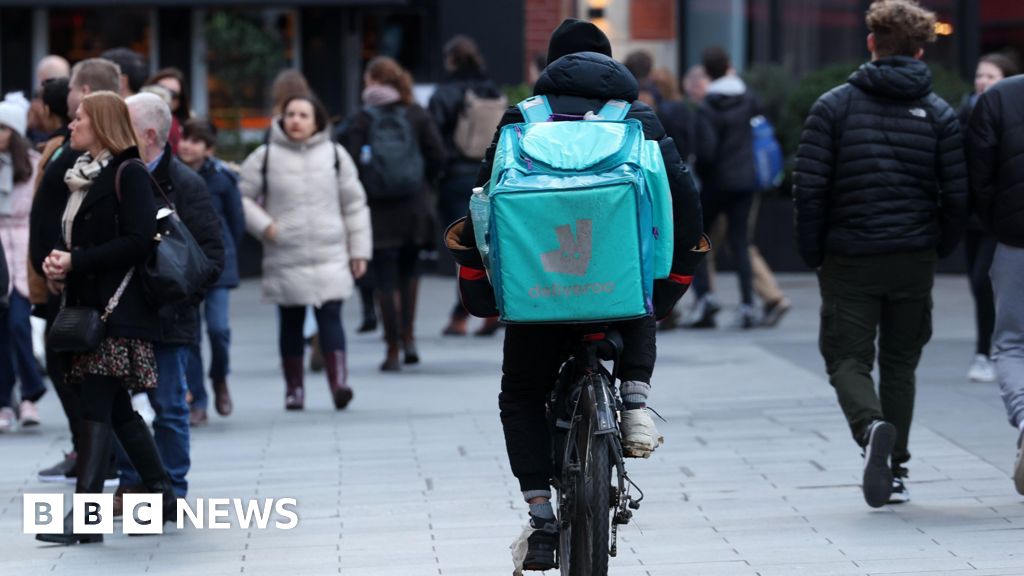Maira Martini is CEO of Transparency International and Dr. Jeni Miller is Executive Director of the Global Climate and Health Alliance.
Imagine trying to quit smoking by taking advice from a tobacco lobbyist, or relying on a fast-food executive to design a healthy diet for future generations – surely a recipe for disaster. Yet we take this risk when allowing fossil fuel interests to influence global climate negotiations, which remain alarmingly exposed, unlike most international health and anti-corruption bodies which have safeguards in place to limit industry interference.
In 2024, the hottest year in history, the planet crossed the 1.5°C global warming threshold for the first time over a whole calendar year. New research from Transparency International shows that in that same year, a total of 339 fossil fuel lobbyists were accredited as official national negotiators at COP29, while another 867 accessed closed-door talks using government issued badges – many without disclosing their affiliations.
In addition, at COP28 in Dubai the year before, the UAE Presidency itself had deep ties to fossil fuel industries. Although governments at that summit did agree to cooperate on a transition away from fossil fuels in energy systems, some big oil producers lauded the outcome as optional and continued their fossil fuel expansion regardless.
How ‘sophisticated’ climate misinformation gets to the heart of power
The presence of fossil fuel proponents inside the UN climate talks exposes major gaps in transparency and conflict-of-interest safeguards and threatens the integrity of the COP negotiation process. It also goes against the grain of a growing global trend to protect public policy and public health from vested interests.
Unlike other UN bodies, the UNFCCC – responsible for negotiating agreements to limit dangerous climate change – lacks adequate safeguards to manage conflicts of interest and industry influence. The UNFCCC must adopt stronger measures now – and there is clear urgency to do so.
Fossil fuel harm to health
Brazil’s COP30 Presidency has voiced concerns over fossil fuel interference, plans to lead a “Global Ethical Stocktake” of COP processes, and has launched four “Support Circles”, including one focused on climate governance. Ahead of this November’s climate summit, this opportunity to reform decision-making on global climate action should not be squandered.
Thanks to well-documented health harms from tobacco, alcohol and junk food, decision-making bodies have adopted safeguards against industries whose profits depend on these harmful products. By aligning climate governance with global efforts to limit undue industry influence, COP30 can protect climate negotiations from fossil fuel interference, and set a precedent for stronger, healthier policies worldwide.
Fossil fuel-dependent industries – from aviation to plastics to shipping, along with industrial agriculture and fast fashion – cause as much damage to our health as tobacco, alcohol, and junk food – if not more.
Comment: COP30 must heed the elephant in the room: fossil fuels
Fossil fuels are the leading driver of climate change and its health impacts – from heat deaths, to malnutrition, to the spread of malaria and cholera. Burning fossil fuels causes air pollution, leading to millions of deaths each year from cancer, heart disease, asthma, and other illnesses – the ultimate consequence of second-hand smoke.
These health impacts come with major economic costs – in 2023, heatwaves alone reduced global worker productivity by $835 billion. Industrial agriculture drives emissions even higher, while posing health risks from agrochemicals and increasing the threat of zoonotic disease through human expansion into natural habitats.
Tobacco control protected from industry
To end the fossil fuel industry’s power over climate action, the UNFCCC would do well to follow the decisions made in other UN fora. The WHO Framework Convention on Tobacco Control was conceptualised in the early 1990s by academics who encouraged WHO to wield its treaty-making power to address the global smoking epidemic.
Dr Gro Harlem Brundtland, then Director General of WHO, championed the process of negotiating and adopting the convention. In response to a tobacco industry proposal for self-regulation, Brundtland commissioned an investigation into its interference in UN policymaking.
The findings led to an agreement between governments to “maintain a strict firewall between the tobacco industry and the negotiations”. Among the obligations of all 183 governments that support Tobacco Control, one article could inspire progressive UNFCCC policy:
“In setting and implementing their public health policies with respect to tobacco control, Parties shall act to protect these policies from commercial and other vested interests of the tobacco industry in accordance with national law.”
Similarly, WHO’s Global alcohol action plan makes clear that alcohol policy “should be protected from commercial and other vested interests that can interfere with and undermine public health objectives”. Although imperfect, the UN’s Food and Agriculture Organization also has principles for private sector engagement designed to guard against undue influence.
What could a Fossil Fuel Non-Proliferation Treaty look like?
More transparency for COPs
By adopting similar rules, the UNFCCC could restore public trust in the COP process and drive meaningful global climate action. To address the influence of major polluters at COPs, the UNFCCC Secretariat and member governments must implement a conflict-of-interest policy that excludes or strictly limits participation by representatives of high-polluting industries.
UNFCCC’s transparency standards must also be strengthened – current rules requiring participants to declare affiliations are far from sufficient, allowing non-disclosure of interests and undermining accountability through vague categories.
The UNFCCC should create a centralised, publicly accessible database that clearly and consistently displays participants’ affiliations during COPs. It must also reform the COP host country selection process, rewarding applicants for strong progress on Paris Agreement goals and their commitment to human rights.
Campaigners issue mass call for reforms to rescue UN climate process
Finally, COP Presidencies should implement conflict-of-interest policies – free from high polluting industry lobbyists, while adhering to high standards of transparency and accountability. This must include the full disclosure of partnerships, consultancies, and detailed meeting records.
These reforms are achievable – COP Presidencies can adopt them voluntarily – and Brazil should lead the way. With time running out, Brazil can demonstrate prioritisation of people and planet over the profits of state-owned Petrobras, and usher in a new era of fossil fuel-free climate summits.







.jpeg)

 English (US) ·
English (US) ·